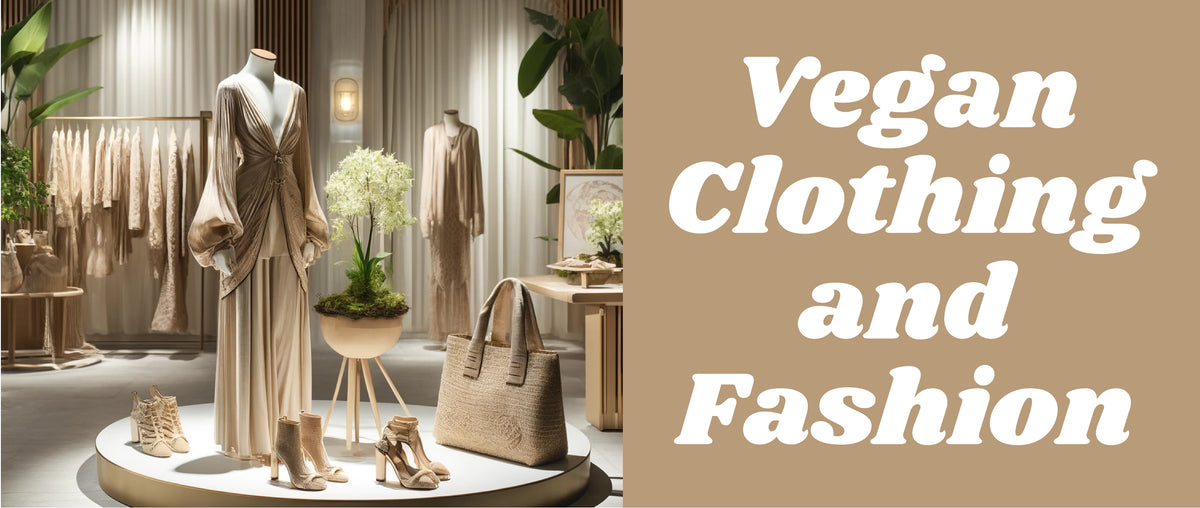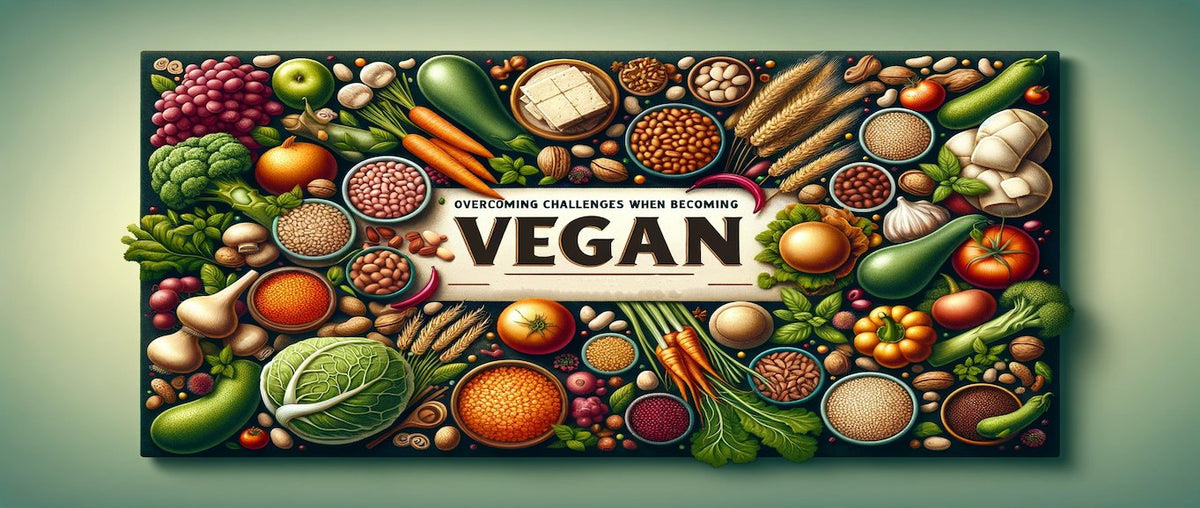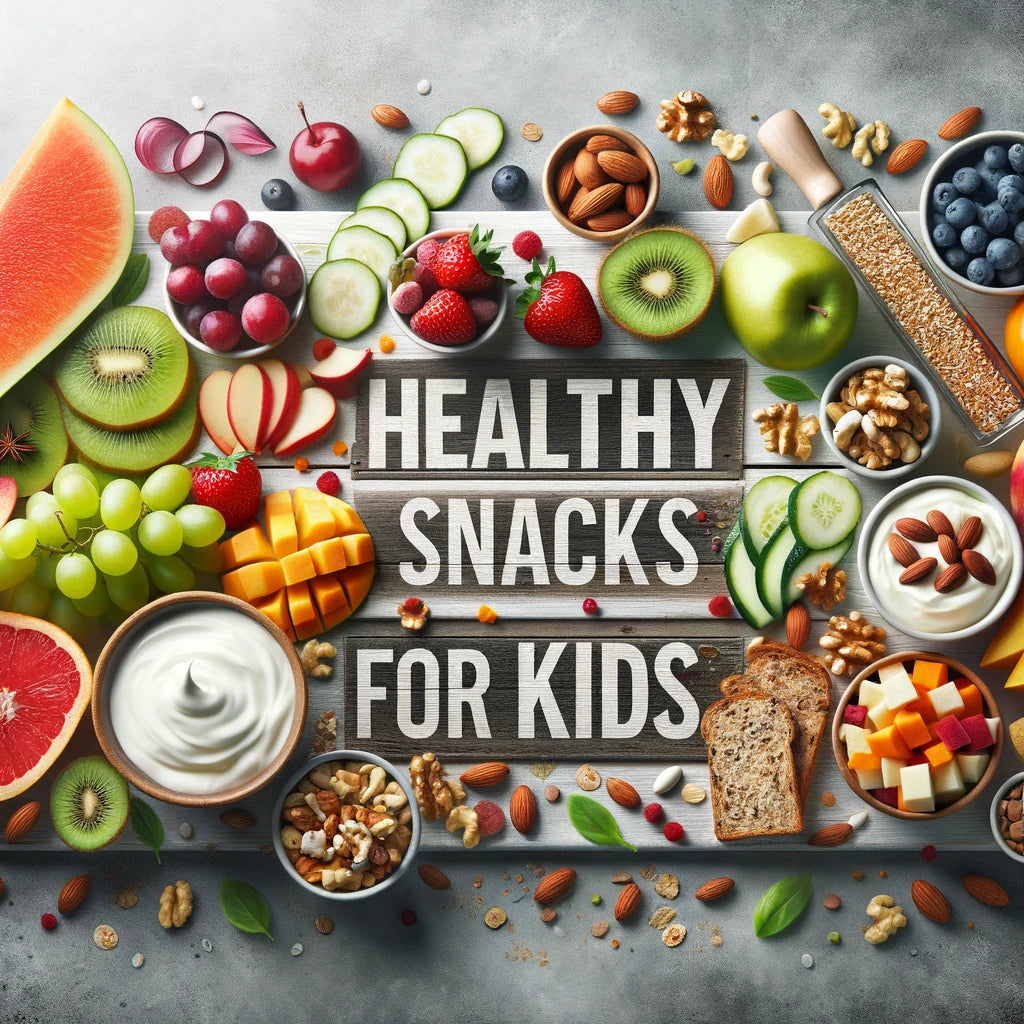Vegan Clothing and Fashion
Vegan fashion represents a revolutionary shift in the industry, focusing on clothing and accessories that do not contain animal products or by-products. At its core, this movement is about ethical and sustainable choices, prioritizing materials that are cruelty free and environmentally friendly.
Historical Perspective and Evolution
- Origin: Vegan fashion, while a relatively modern term, has roots that trace back to earlier ethical movements.
- Evolution: Over the decades, it has evolved from niche to mainstream, paralleling the rise in public awareness about animal rights and environmental concerns.
- Current Trends: Today, it's not just about avoiding leather or fur; it's about an all-encompassing approach to fashion that respects all life forms and the planet.
Key Takeaways
- Material Selection: Strict avoidance of animal-derived materials like leather, wool, silk, and fur.
- Ethical Production: Ensuring that the entire production process, from sourcing to manufacturing, adheres to animal welfare and ethical labor practices.
- Environmental Impact: Focusing on materials and processes that minimize environmental harm.

What’s Going on with Animals in Fashion?
The fashion industry, for years, has been under scrutiny for its use of animal-derived materials. The ethical implications are significant, leading to a paradigm shift towards more compassionate practices.
The Harsh Reality Behind Animal-Based Fashion
- Leather and Fur: Often synonymous with luxury, these materials come at a high ethical cost. The leather industry not only involves the slaughtering of animals but also employs harsh chemicals that harm the environment.
- Wool and Silk: While seemingly less cruel, the production of wool and silk involves processes that can be harmful and stressful to the animals involved.
Impact on Animal Welfare
- Cruel Practices: From cramped living conditions to inhumane slaughtering methods, the treatment of animals in traditional fashion supply chains often lacks compassion.
- Health Risks: Animals are often subjected to harmful practices like force-feeding and hormone injections to enhance product quality.
The Vegan Response
- Ethical Alternatives: In response, vegan fashion seeks alternatives that do not exploit animals. For example, Vegan Cheese and plant based cheese alternatives in the food industry have inspired similar innovations in fashion.
- Awareness and Advocacy: Brands and consumers are increasingly advocating for animal rights, reflecting a growing societal shift towards more ethical consumption.
So Where Can You Buy Vegan, Fair & Sustainable Fashion?
In today's market, there are numerous options for purchasing vegan, fair, and sustainable fashion, catering to a range of styles and budgets.
Online Platforms and Vegan Shops
- Dedicated Vegan Stores: Online platforms like Vegan Shop offer a wide range of clothing and accessories, ensuring all products are 100% vegan.
- Mainstream Retailers: Many conventional retailers now feature vegan sections, making it easier to find vegan-friendly options.
Identifying Vegan Brands
- Certifications and Labels: Look for certifications like PETA-approved or Vegan Society labels.
- Brand Ethos: Research brands that explicitly state their commitment to vegan and sustainable practices.
Supporting Small and Local Businesses
- Artisanal and Indie Brands: These often have strong ethical values and unique, handcrafted Vegan products.
- Local Vegan Markets: A great way to discover local vegan artisans and designers.
What are Vegan and More Sustainable Alternatives in Fashion?
As the demand for ethical and eco-friendly fashion grows, so does the innovation in sustainable vegan materials.
Innovative Vegan Materials
- Plant Based Leathers: Made from materials like pineapple leaves (Piñatex) and apple skins, offering a sustainable alternative to traditional leather.
- Recycled and Upcycled Materials: Using pre-existing materials reduces waste and resource use, similar to the concept of cashew butter made from leftover cashew pieces in the food industry.
Sustainability in Production
- Low-Impact Dyeing and Manufacturing: Emphasizing processes that reduce water and chemical use.
- Local and Artisanal Production: Supporting smaller scale production that often has a lower environmental footprint.
Eco-Friendly Practices
- Circular Fashion: Encouraging practices like recycling and upcycling to minimize waste.
- Transparency in Supply Chain: Brands that openly share their manufacturing processes and sourcing are often more committed to sustainable practices.
The Broader Implications of Vegan Fashion
Vegan fashion is more than a trend; it's a movement with significant societal and environmental implications.
A Shift in Consumer Consciousness
- Educated Choices: Consumers are becoming more informed about the impact of their purchases, leading to a shift towards ethical and sustainable options like Plant Based foods and vegan products.
- Advocacy and Influence: The rise in vegan fashion is pushing the entire industry towards more humane and environmentally conscious practices.
Social and Environmental Responsibility
- Reducing Animal Exploitation: By rejecting materials like fur and leather, vegan fashion challenges industries based on animal cruelty.
- Environmental Impact: Vegan fashion, similar to cholesterol-free foods, offers a pathway to reduce the fashion industry's carbon footprint and resource use.
Economic Implications

The Future of Vegan Fashion
Looking ahead, the trajectory of vegan fashion is set to shape the future of the industry.
Continued Innovation and Development
- Material Advancements: Ongoing research and development are leading to even more sustainable and high-quality vegan materials.
- Technological Integration: Technology, such as 3D printing and AI, is being utilized to create innovative vegan fashion products.
Expanding Market and Consumer Base
- Mainstream Adoption: Vegan fashion is moving from a niche market to a mainstream choice, much like the transition of vegan butter and vegan mayo in the food sector.
- Diverse Consumer Appeal: As awareness grows, vegan fashion is attracting a broader audience, extending beyond the traditional vegan community.
Challenges and Opportunities
- Sustainability Challenges: Balancing ethical considerations with true environmental sustainability will remain a key focus.
- Global Influence: The impact of vegan fashion on global supply chains, economies, and cultural practices.
Closing Thoughts
- A Call to Action: Embracing vegan fashion is a powerful way for individuals to contribute to a more ethical and sustainable world.
- The Role of Each Consumer: Every choice matters – from opting for Fat Free Butter in vegan diet to choosing vegan clothing, small decisions contribute to significant change.
Craving a delicious vegan meal? Look no further! We've got a guide to the best vegan restaurants in India, ready to help you discover amazing plant-based eats in your city.










